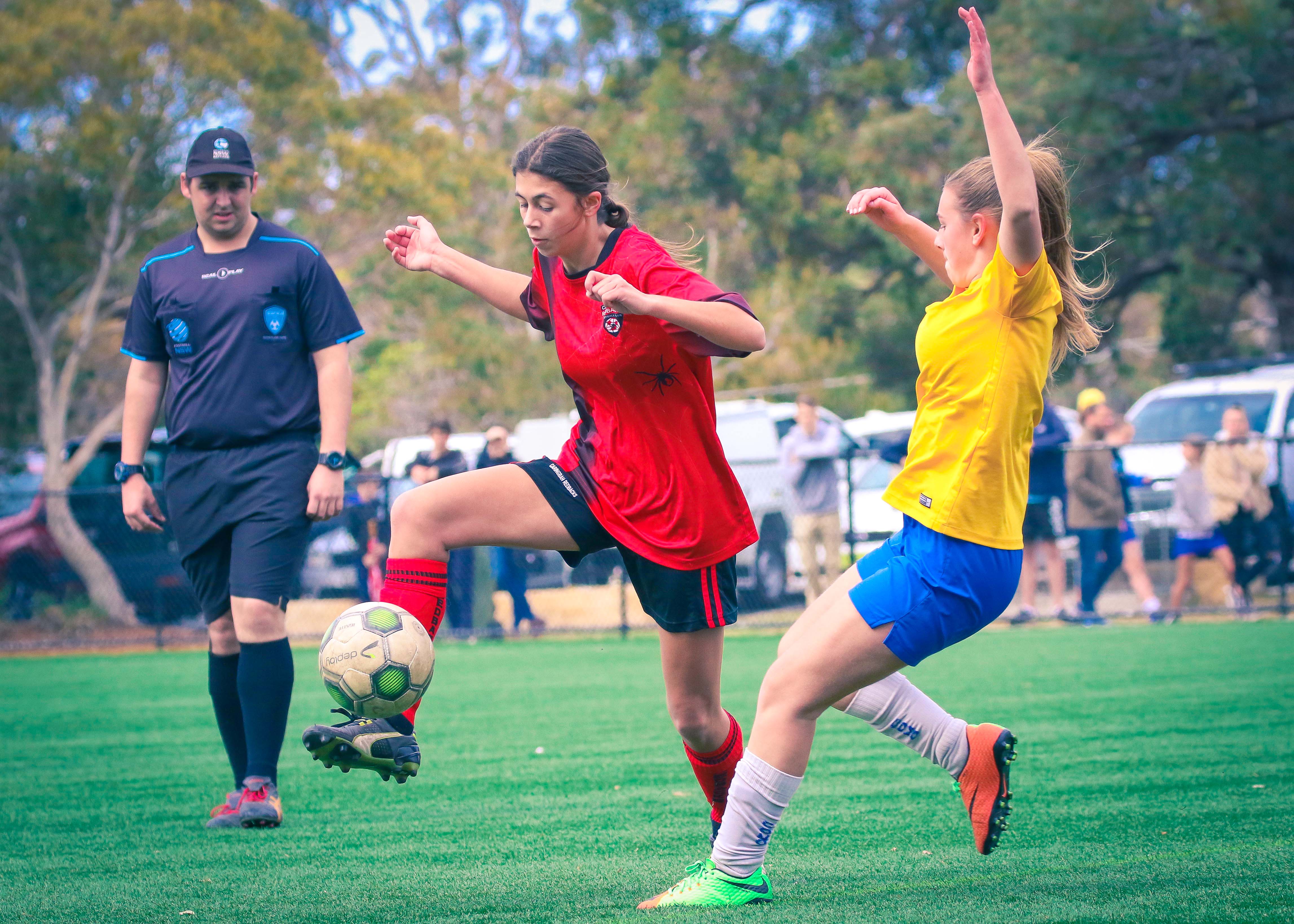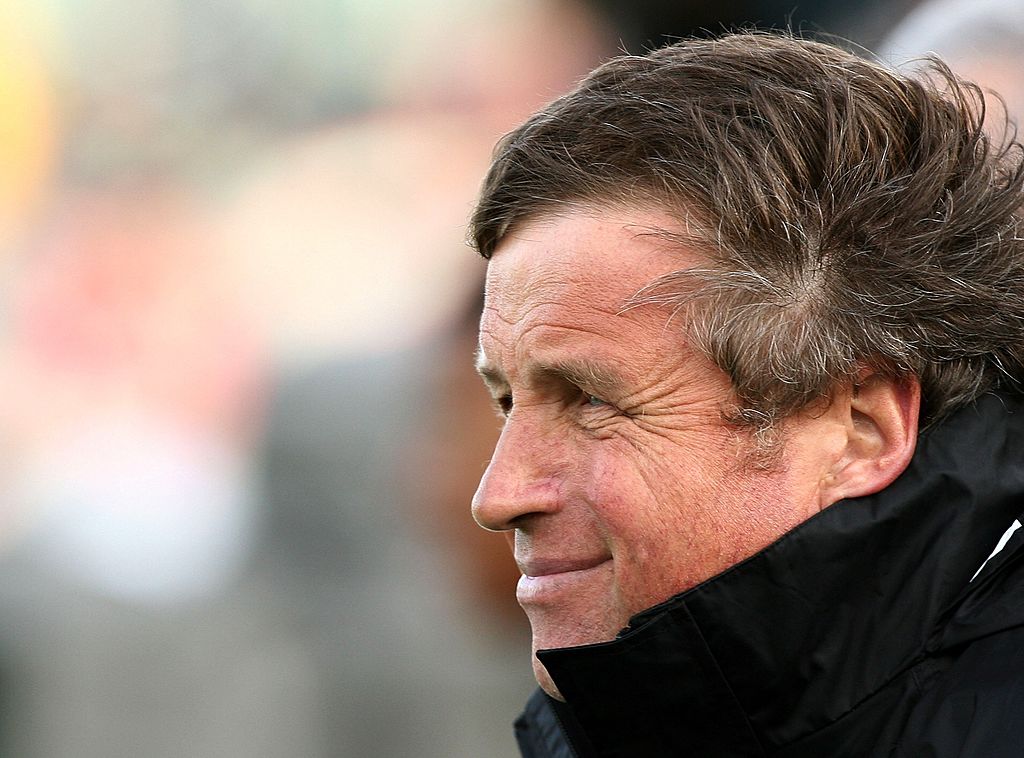Football Australia’s National Technical Director Trevor Morgan, together with experienced and respected Coach Educator Dr Ron Smith, have embarked on a process to enhance Australia’s Coach Education framework having identified some issues and challenges with the system throughout 2020.
Having spent significant time over the past year gaining feedback from key stakeholders, diving into the data and detail presented in Football Australia’s men’s and women’s Performance Gap reports, and reflecting on the effect that COVID-19 has had on both football and people’s lives, Morgan and Smith have commenced a process to evolve Australia’s Coach Education framework.
Throughout 2021 it is Morgan and Smith’s mandate and mission to drive improvements in the player and coach development space – a field the duo cumulatively have over seven decades of experience in – to create world class environments for player and coach development, and propel Australian football forward.
.jpg)
Having recognised and considered challenges in Australian football including geography, cost, course structures and content, and the balance between ‘system-based’ and ‘player-centred’ approaches, Morgan and Smith have identified several objectives to address throughout the year.
These objectives – listed below – are underpinned by Football Australia’s overarching intent to create world class environment for coach development.
- Build greater capacity and competency in each of Australia’s nine Member Federation to deliver coach education
- Review and renew course content to ensure it suits the needs of coaches at varying levels
- Explore alternate delivery methods, such as a mix of online and face-to-face interactions
- Consider ways that coaches can be supported between major contact periods
- Simplify criteria and practical assessment methods
- Improve ongoing learning options for coaches alongside Football Coaches Australia (FCA); and
- Build connection with National Teams and Talent ID by sharing resources and involving National Teams Staff in Coach Education courses and workshops
Morgan said while some of the objectives will take more time to deliver than others, progress has been made on some key areas in the first quarter of 2021.

“In late January we engaged with some of Australia’s most experienced coaches and coach educators in a three-day workshop held simultaneously in Sydney and Canberra, with others joining via Teams from around the country,” Morgan said. “Nine National Team staff delivered at the workshop and there was also a strong presence of people who deliver courses in each Member Federation. This provided the chance for people to provide input into how we might run our courses going forward.”
“We are also trialling online delivery of some courses and modules and considering how we can make coach education more accessible by creating flexibility in our programs to fit in people’s lives and commitments. We also believe that should create cost efficiencies for coaches at all levels.”
“In line with the latest FIFA recommendations to develop better individuals and teams, and following discussions with our national team coaches, we are implementing subtle changes to the structure of our courses as well as the content. The aim is to develop more outstanding individuals and adaptable players so the transition into senior football at home and overseas is smooth,” he said.
Morgan said that he believes this process is in good hands, with Dr Ron Smith, Football Australia’s Technical Advisor, drawing on years of experience in the game as project lead. Smith boasts years of experience in Australian and international football, having worked with players, teams, and programs at from the grassroots of the game, through to the green and gold.

“Dr Ron Smith, who is our Technical Advisor at Football Australia, is leading the project around evolving our Coach Education and brings to the table over 40 years of experience having worked with players at the very start of their football careers, right through to some of the very best players we have ever produced” Morgan added.
“He is obviously most famous for his time leading the AIS (Australian Institute of Sport) but he has been involved in National Teams and professional football for the last nearly 40 years, so we trust that he can help take us closer to our vision of becoming a world leader in coach and player development.”



